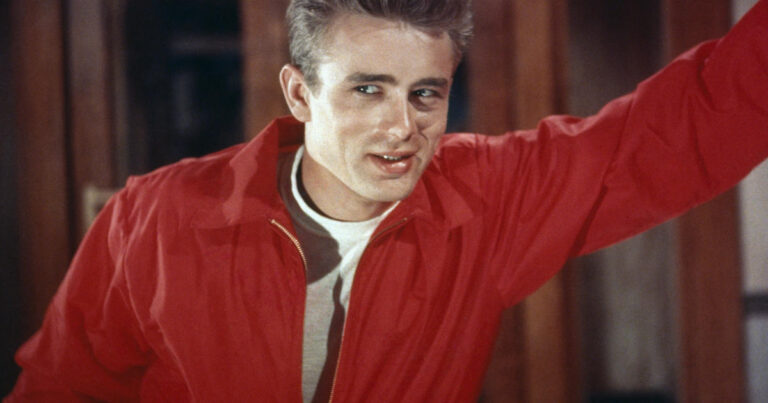Hearing Sir Laurence Olivier’s voice give you an update on your work may not offer the same thrill as watching the acclaimed English actor on stage or screen, but it could make your morning commute more interesting.
That’s the vision of artificial intelligence startup ElevenLabs, which announced this week that fans of Hollywood icons like Judy Garland and James Dean can now listen to the voices of deceased movie stars narrate books, articles and other digital texts.
The company said it has reached agreements with the heirs of Olivier, Garland, Dean and Burt Reynolds to add their voices to a library of AI-generated voices on ElevenLab’s new Reader app. The product lets users listen to text on their phones, with the actors’ voices available for individual streaming.
ElevenLabs did not provide details on what financial compensation it would offer to the actors’ estates.
“We deeply respect their legacy and are honored to have their voices within our platform,” Dustin Blank, head of partnerships at ElevenLabs, said in a blog post. “Adding them to our growing roster of narrators marks a major milestone in our mission to make content accessible in any language and voice.”
Liza Minnelli, Judy Garland’s daughter and representative for her estate, told the publication that her family was thrilled to “see our mother’s voice accessible to the millions who love her.”
The use of AI to recreate a version of a person’s voice has garnered negative attention after being used in harmful ways, including the creation earlier this year of a fake automated call President Joe Biden urging people not to vote in New Hampshire’s presidential primary.
In another incident, the actress Scarlett Johansson May said she was “shocked, angry and in disbelief” after discovering that a voice option on OpenAI’s ChatGPT app sounded like her. Johansson had declined OpenAI founder Sam Altman’s offer to lend her voice to ChatGPT’s text-to-speech product. Altman said the voice was not Johansson’s.
AI was a key issue in SAG-AFTRA Strike Last year, a new actor contract introduced limits on artificial intelligence. TV and film producers must obtain consent from actors to use a digital replica, and performers are also entitled to compensation for using AI to create their virtual image.


